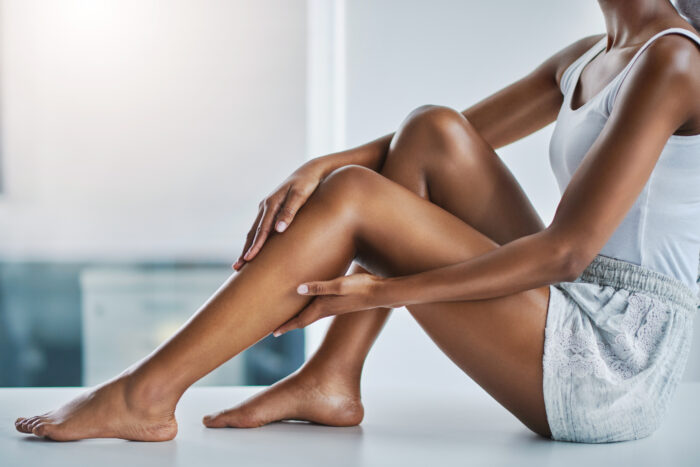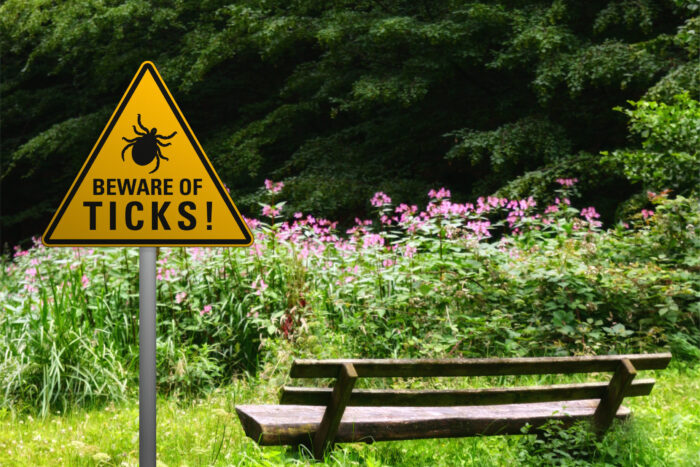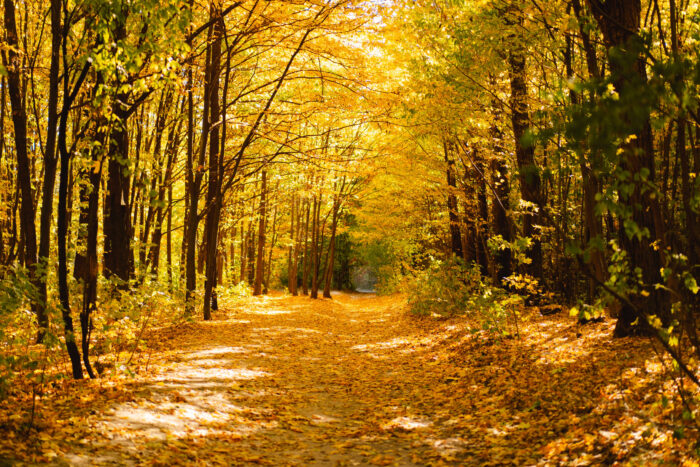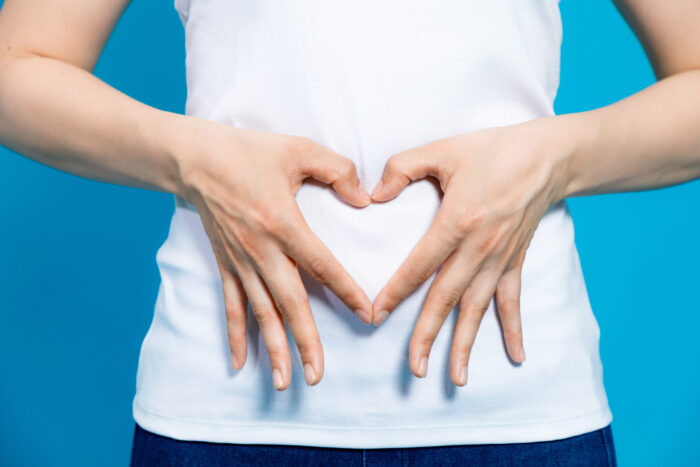
Keep yourself healthy this winter by practicing acupressure for immunity
Acupressure can be a great way to boost your immunity this winter. Acupressure is the application of gentle pressure to acupuncture points. This is an at home treatment that can be done simply and easily using just your fingers. In this blog, I’ll provide instructions for how to perform acupressure and share information on some points you can try at home to boost your immunity.
How to perform acupressure
- Use your index and / or middle fingers to apply a downward pressure with small circular motions (about a quarter of an inch) to the acupuncture point.
- Feel for painful areas or areas of tightness or emptiness.
- Massage for at least ten seconds, and up to a few minutes.
- Stimulate points at least two times per day, for example, once in the morning and once at night.
Try acupressure to boost your immunity with these acupuncture points
Kidney 27
The Chinese name of this point is Shufu. It means “Shu Mansion” or “Storehouse”. It is the last point on the Kidney channel.
- Location: Slide the finger below the clavicle from the shoulder toward the sternum. The sternum is the bone at the center of the chest. Stop about two finger widths before you reach the sternum.
- Uses: In addition to boosting immunity, this point is also helpful for unbinding the chest, transforming phlegm, alleviating cough and wheezing, and harmonizing the stomach. It is especially useful for people who are experiencing upper respiratory symptoms.
Large Intestine 10
The Chinese name of this point is Shousanli. It means “Arm Three Miles”. This point is the 10th point on the Large Intestine channel. It is considered to be one of the master immune points in Japanese acupuncture.
- Location: Bend the arm at the elbow and on the radial (thumb) side of the bent arm, place the finger(s) at the bed of the elbow, then slide the fingers about two finger widths down the arm toward the hand. Feel for a tender spot.
- Uses: In addition to boosting immunity, this point can also help with disorders of the arm and stiffness of the neck.
Large Intestine 4
The Chinese name of this point is Hegu. It means “Joining Valley”. Hegu is the fourth point on the Large Intestine channel. It is a principle point used with any issues of the head and face, including headaches.
DO NOT USE THIS POINT IF YOU ARE PREGNANT. This point has a strong downward action and is contra-indicated in pregnancy.
- Location: Slide the finger from the joint of the index finger towards the wrist stopping in the depression where the thumb and index finger bones meet.
- Uses: In addition to boosting immunity, it is a master point for headaches. It is useful for headaches in the front of the head, toothaches, pain, cold symptoms, as well as constipation.
Stomach 36
The Chinese name of this point is Zusanli. It means “Leg three miles”. It is the thirty-sixth point on the Stomach channel. This point is the leg version of Large Intestine 10, the “arm three miles” point. This point is so powerful that in ancient times, it was said that stimulating this point would give a dying person enough energy to walk another three miles.
- Location: Place the finger below the knee on the outer side of the leg. Feel for the curve of the curve of the tibia, the bone in the center of the lower leg. Alternatively, place the fingers on the outer edge of the tibia on the lower leg and follow the tibia up the leg toward the knee and stop where the bone starts to curve. As with the other points, feel for a tender spot.
- Uses: In addition to boosting immunity and energy, this point helps harmonize the stomach and spleen, nourishes blood, calms the spirit, and relieves pain.
Questions?
If you have any questions or trouble locating any of the points, please reach out and email me through our website or call or text 910-622-4269. I’d love to hear from you!
About the Author
Ericca Burke is the owner of HAVEN Acupuncture & Chinese Medicine where she provides acupuncture and Chinese medicine treatments in Wilmington, NC. Click this link to read more about Ericca.
About HAVEN Acupuncture & Chinese Medicine in Wilmington, NC
HAVEN Acupuncture & Chinese Medicine is an acupuncture and Chinese medicine practice located in Wilmington, NC just minutes from beautiful Wrightsville Beach. Click this link for contact information and directions. Click this link for a listing and description of services offered.



